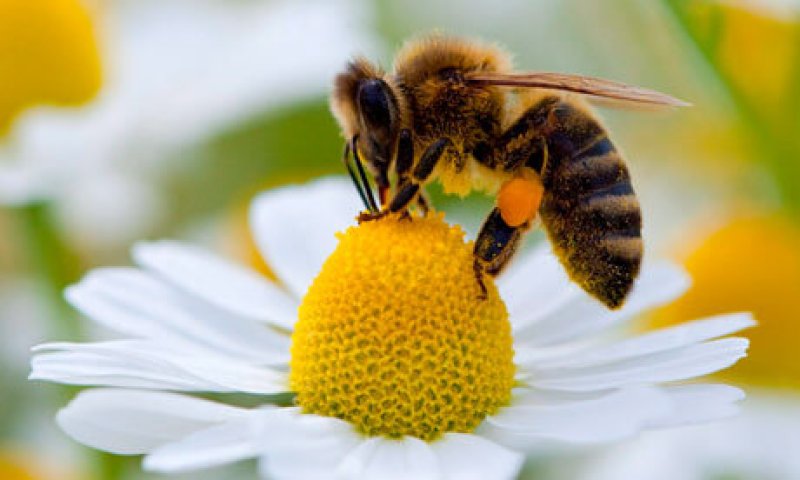The GLP aggregated and excerpted this blog/article to reflect the diversity of news, opinion and analysis.
On January 6 the U.S. Environmental Protection Agency announced the first of four preliminary risk assessments for insecticides potentially harmful to bees, specifically neonicotinoids. In the assessment, the EPA states that citrus may have residues of pesticides in pollen and nectar above the threshold level. This statement is not only misleading, it is outright deceptive.
The premise that neonicotinoids are a major contributor to the decline in bee populations or colony collapse is false. The National Academy of Sciences states there are several causes. . .
The citrus industry is in danger of being wiped out by the incurable disease, Huanglongbing that is spread by the Asian citrus psyllid, which can only be controlled by timely pesticide applications.
“We empathize with beekeepers dealing with colony collapse,” continues Nelsen. “But, neonicotinoids are a vital tool in the battle to save the citrus industry. ” . . .
According to the Report on the National Stakeholders Conference on Honey Bee Health from the National Honey Bee Health Stakeholder Conference Steering Committee . . . there is a complex set of stressors and pathogens associated with colony collapse. Seven are identified in the report. Six of the seven are certain contributors: bee pests, pathogens, nutrition, bee biology, genetics, and breeding. The seventh stressor identified is potential pesticide effects, which the working group determined needed more research.
Even though pesticides are listed only as a potential stressor, pesticides have been unfairly elevated to celebrity status by anti-pesticide zealots.
CCM encourages EPA to continue regulating pesticides and other crop production tools based on sound, replicated science and not to be swayed by unsubstantiated emotional hyperbole. . .
Read full, original post: EPA ignores primary cause of bee decline































